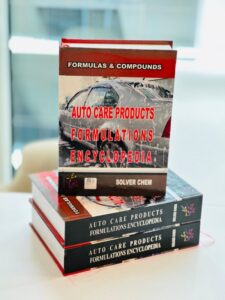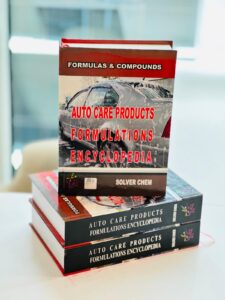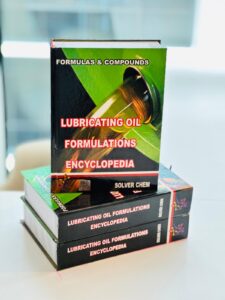
The Phosphate Hybrid Organic Acid Technology (P-HOAT) Antifreeze is a specific variant of the Hybrid Organic Acid Technology (HOAT) coolant family.
Definition
P-HOAT Antifreeze is an extended-life coolant formulated with a base of ethylene glycol or propylene glycol, which utilizes both Organic Acid Technology (OAT) inhibitors and inorganic phosphate additives for corrosion protection. It is a specialized hybrid designed primarily to meet the requirements of specific Asian vehicle manufacturers.
Properties and Applications
- Dual Corrosion Protection: Like all HOAT coolants, P-HOAT uses a combination of inhibitors. The organic acids provide the long-term, localized protection typical of OAT formulations, while the inorganic phosphates offer immediate, robust defense against rust and corrosion, particularly on aluminum components.
- Targeted Market (Asia): This formulation is favored by many Asian automakers, including major brands like Toyota, Honda, Nissan, Hyundai, and Kia. These manufacturers traditionally preferred phosphate-based corrosion inhibitors, and P-HOAT provides the benefits of the long-life OAT while retaining the crucial phosphate component.
- Service Life: P-HOAT coolants typically offer an extended service life, often lasting up to 5 years or 240,000 kilometers, which is significantly longer than traditional Inorganic Acid Technology (IAT) coolants.
- Water Compatibility: A notable characteristic of P-HOAT is its sensitivity to hard water. Phosphates in the formula can react with the minerals in hard water to form scale or deposits inside the cooling system, which can reduce heat transfer and cause blockages. For this reason, P-HOAT is often used in regions, particularly in Asia, where soft water is prevalent. Conversely, it is generally avoided in European and American formulations where silicates (Si-HOAT) are often used instead of phosphates due to hard water conditions.
-
Appearance: P-HOAT coolants are commonly seen in pink, red, or blue colors, but the color is not a reliable indicator and the vehicle manufacturer’s specific fluid requirement must always be checked.
👁️ Görüntülenme: 2




